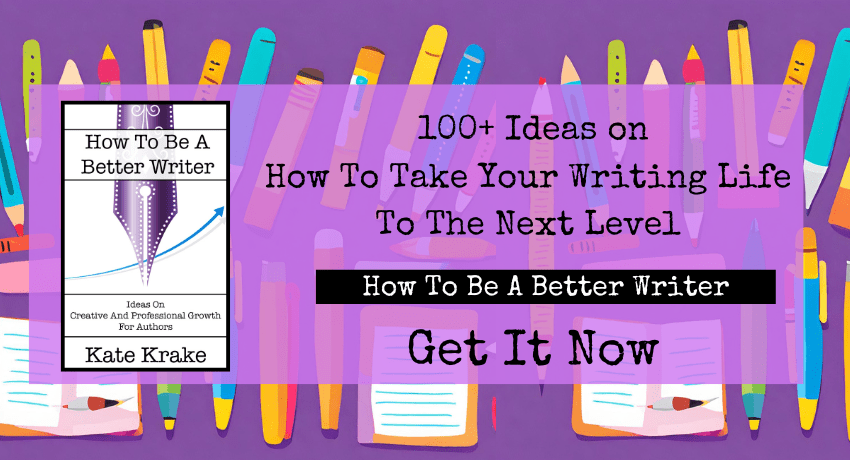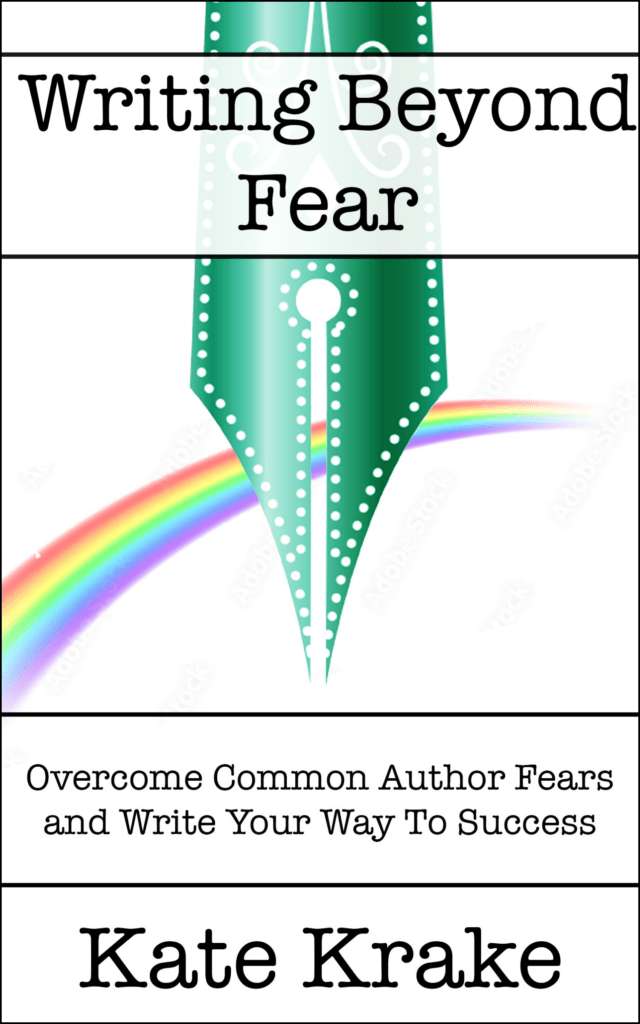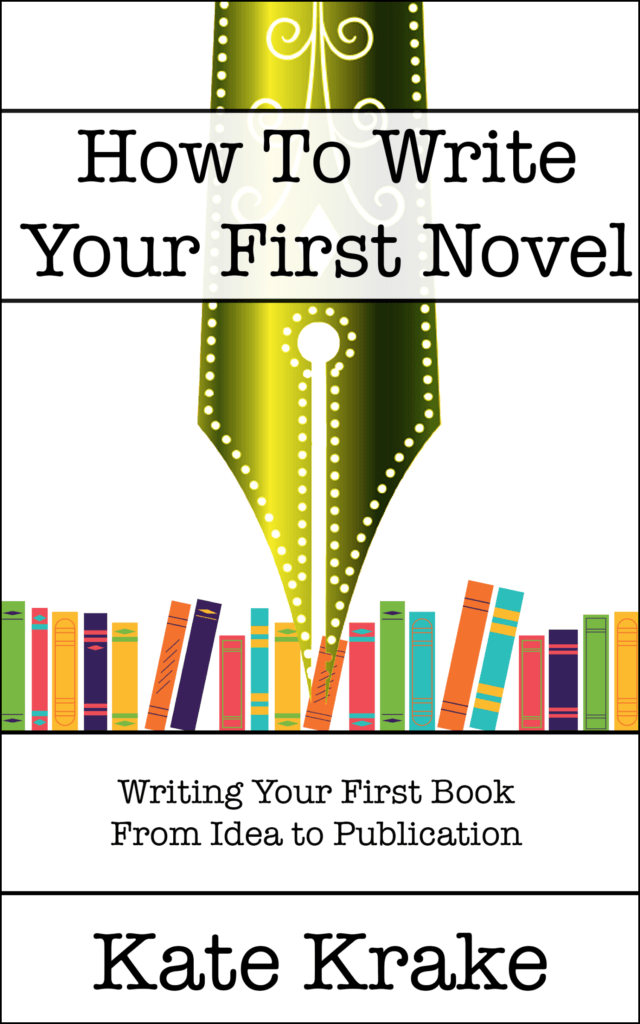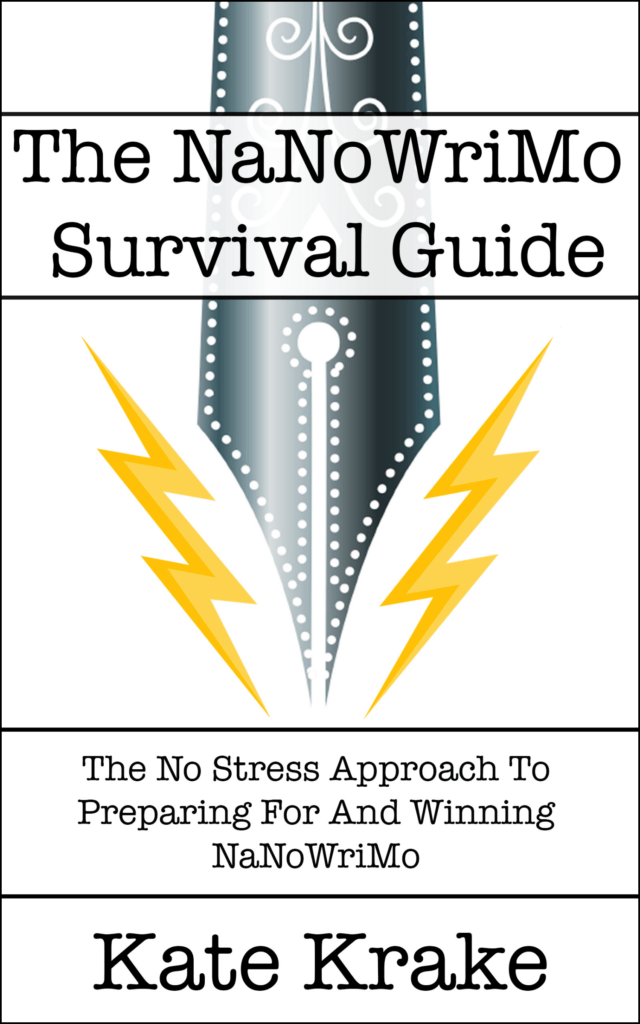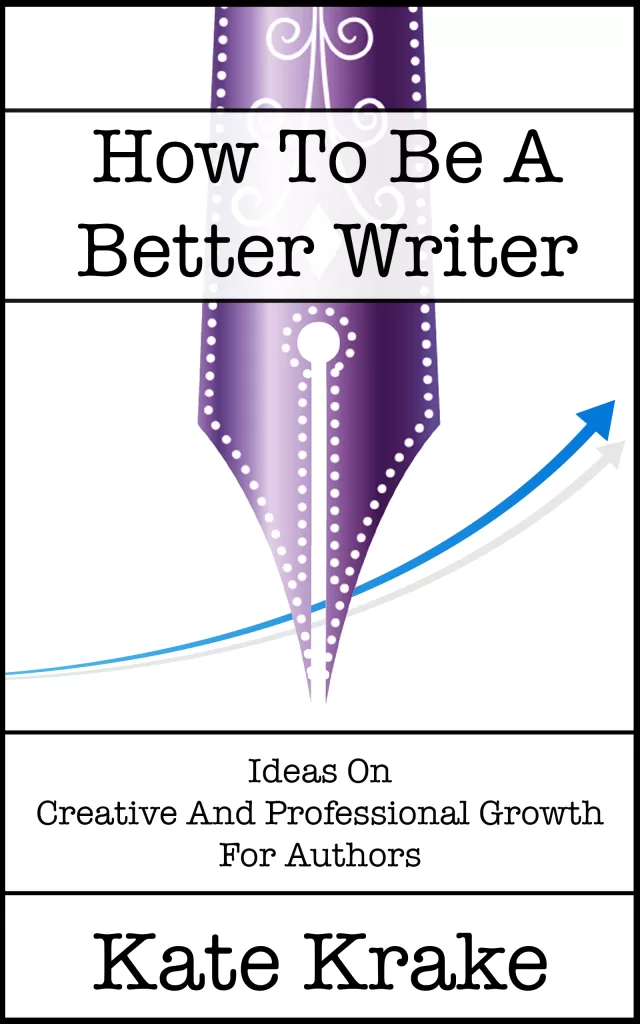How much writing advice do you consume?
When I first started taking writing seriously, I devoured every book, every podcast, every writing course, any and every bit of writing advice I could get my hands on.
For a decade and a half, I have consumed billions of words of writing advice. And I’m not the only writer like this.
You’re reading this, so you’re likely a mass consumer of writing advice too.
For many new and emerging writers, we read and listen to all of this advice, looking for the writing tip, the anecdote, the suggested method that’s going to gel our writing lives together, triple our productivity, and rocket us to the top of the bestseller list.
And we keep on consuming all the writing advice we can get.
This is where writing advice gets dangerous.
This is where many writers suffer writing advice overload.
The Problem With Writing Advice Overload
When you over indulge on everyone else’s opinion on how to be the best writer, or how to write the best books, you risk losing sight of the best ways for YOU to be writer, the best ways for YOU to write YOUR best books.
You lose sight of your creative identity, and risk making the BIGGEST writing mistake there is.
Writing advice overload breeds:
- Fear of Missing Out (FOMO).
- Fear of Doing It Wrong.
- Imposter Syndrome.
- Comparisonitis
One day, I’ll be going along just fine, writing steadily with a healthy, sustainable long-term view, and then I’ll hear something and start feeling dissatisfied with my life and writing. Nothing I have made or am making seems of any real value. My progress is too slow. I should be publishing more books, better books, damn it!
Does this sound familiar?
I want to publish a novel every 6 weeks, have a podcast, write a serialised novel, earn 7-figures, do all the things too!
…Just like So-And-So Writer does.
No one’s life is the same as yours. Even when you have a lot in common.
There are so many times I’ve been analyzing my life and writing in the context of someone else’s experience and then discover…
This other writer:
- does not have kids (or does not have young kids like I do)
- is happy to exist on 4 hours sleep
- does not take time off for their physical or mental health
- … insert any number of lifestyle variables here.
While listening to writing advice, I feel inspired and motivated, and look forward to implementing positive changes in my life. But then offline, I find those changes aren’t really helping, so I go back online looking for another fix. Writing advice can be addictive!
So, how do we avoid advice overload and still use these resources to best benefit ourselves?
It starts with self-knowledge.
Know who you are.
Know what you want.
Knowing what your version of success means in this context can be very helpful, but even that has its variations.
You might share a version of success with one author regarding your goal income, or how many books you publish, but that success has to exist alongside the other aspects of your life.
- How much time do you want to spend with your family and friends?
- How much sleep do you want?
- How much time do you want for exercise?
- How much time at the screen do you want?
- How much screen time do you want your kids to watch while you get your writing done?
- How much time do you want to carve out to play and pursue other interests outside of writing?
- How clean do you want your house?
Remember, every version of the writer’s life we hear or read is a curated version of their truth (even this blog!).
By all means, listen and absorb the experiences of other writers so that you can find ideas on methods you might like to try out.
And then carve out your own version.
For more on this idea of how FOMO and other comparisons can ruin our chances of living authentic, value driven lives, I recommend the book Four Thousand Weeks, by Oliver Burkeman
Make your own writing advice, tailored to you.
New ideas and prompts for positive changes are excellent, but they only work if we give ourselves time to absorb them, implement them, see how they work for our own lives, and then wait to see the results.
Always keep your own experiences and desires at the forefront of deciding what you’re going to try out.
Because your life belongs to you.
Because your writing belongs to you.
Develop your own process and, as that takes shape and work for you, remember to trust it.
You are your own writer.
Believe in your process.
Make your own writing advice.


